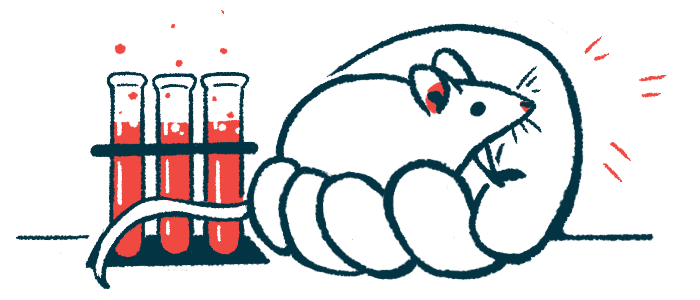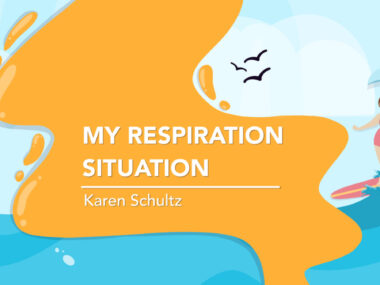ALG-801 delivers strong results for PAH in early lab studies
In animal model, therapy increases survival and reduces heart damage marker
Written by |

A new experimental therapy for pulmonary arterial hypertension (PAH), called ALG-801, has shown superior efficacy over current standard-of-care treatments in early laboratory studies, according to its developer, Alivegen.
In animal testing, the medication reduced signs of the disease by targeting a molecular pathway involved in the abnormal growth of blood vessels in the lungs.
“The data suggest that ALG-801 has potential to transform treatment outcomes for patients with PAH, where survival remains unacceptably poor despite recent advances,” HQ Han, MD, PhD, and CEO of Alivegen, said in a company press release. The findings were presented at the European Respiratory Society Congress, held recently in Amsterdam.
PAH is a disorder marked by the abnormal growth of cells lining blood vessels that carry blood from the heart through the lungs. This narrows the vessels, increasing pressure and putting strain on the heart.
Experimental therapy targets Smad2/3 pathway
ALG-801 aims to slow the abnormal cell growth by targeting the Smad2/3 pathway, a molecular signaling pathway involved in the blood vessel changes seen in PAH. Early clinical testing in healthy volunteers suggested the treatment is generally well tolerated and can target the Smad2/3 pathway as designed, Alivegen reported in 2024.
The new results come from studies in Sugen-hypoxia (SuHx) rats. In this animal model, rats receive a chemical that promotes blood vessel cell growth. Additionally, the rats are exposed to chronic low oxygen levels (hypoxia), resulting in blood vessel abnormalities in the lungs similar to those observed in people with PAH. Alivegen describes the SuHx rats as “a gold standard model for pulmonary hypertension.”
In one set of tests, rats developing PAH were treated with ALG-801 or the approved PAH therapy sildenafil, sold under the brand name Revatio. Results indicated ALG-801 was more effective at preventing disease signs such as right-sided heart enlargement, which happens as a result of the heart working harder to push blood through narrowed lung vessels.
In other experiments, rats with established PAH were treated with ALG-801 or the approved therapy sotatercept, marketed as Winrevair. Results indicated ALG-801 was more effective at reducing right-sided heart enlargement and lowering pressure in the lungs’ blood vessels. ALG-801 also increased survival and reduced levels of BNP, a marker of heart damage.
“These results demonstrate ALG-801’s ability to outperform approved PAH therapies in rigorous preclinical testing,” Han said.
Earlier this year, the U.S. Food and Drug Administration granted ALG-801 orphan drug designation, a status that offers incentives to companies developing treatments for rare diseases.




